In Part II of this blog series, three conclusions were drawn:
- This decade is likely to be a seminal moment of systemic change to the contemporary international system, updating its 20th features to fit the 21st.
- The legitimate grouping for decision-making should comprise not only the executive branch of governments but the legislative branch, at the international level.
- The critical path should be a series of expert studies, convened by such a ‘group’, and fed directly into the decision-making process.
As always, it’s more easily said than done. But let me explore this some more, and move to a final conclusion.
Multi-jurisdictional levels and ‘subsidiarity’
First off, to clarify the reasoning in Parts I and II, four comments follow:
- The point is neither to denigrate the nation-state, nor predict or advocate its demise. Like the city and the sub-national province/state/region, the nation-state is a natural feature of our political evolution.
- The rationale for ‘systemic global change’ is that, by definition, the 20th c system of 200 entities, possessing sovereign status with a veto or ‘strong consensus’ appurtenance, is not structured to solve problems of the global commons, which abound in the 21st.
- The principle for determining global legitimacy for such change is ‘subsidiarity’ – already employed in the EU and African Union: legislative and enforcement power, at multi-jurisdictional levels, is confined in scope to those issues that a lower functional level is unable to deal with effectively.
- The task is to determine what the contemporary global systemic risks might be, and what the nature of systemic institutional change should be, applying the subsidiarity principle.
The critical role of former leaders
Part II (18 April) identified a number of eminent bodies calling for such change: various independent commissions, the WHO/WB Global Preparedness Monitoring Board, Future Earth Institute, a Call by the Elders, and the Open Letter to the G-20 signed by a hundred former national leaders.
Former leaders fulfil a major function, combining past experience with current freedom to judge what is imperative, and what might be politically feasible. In doing so, and making a collective call, they give guidance and backing to current leaders – they who carry the responsibility of decision-making, with immediate and far-reaching accountability. This is how it should be.
The seminal nature of the moment
The seminal nature of the current pandemic, including the need for a global response plan, has become clearer, even within the past week:
- Juval Noah Harari (BBC 27 April) has warned of the catastrophic consequences of a lack of such planning: At the global level, we are not seeing any kind global leadership, any kind of global plan – not on the health front and even less on the economic front. … If we don’t get a kind of global safety net – a kind of global plan – the economic and political consequences could be catastrophic and poison international relations for years to come.
- The French Prime Minister, introducing new protective measures, made the observation (28 April) that “never in history – not in war, occupation or disease – has France had to confront such massive disruption.”
- A report by the International Rescue Committee (28 April) has concluded that ‘without swift action in the coming weeks’ to mitigate the spread, the world could see up to 1 b. infections and 3.2 m. deaths over the course of the pandemic in 34 crisis-affected countries it serves. The Report was based on a scenario analysis contained in the model and data-set published in the ICL/WHO’s ‘Global Impact Study’ (26 March). As IRC President, David Miliband, put it: “These numbers should serve as a wake-up call: the full, devastating and disproportionate weight of this pandemic has yet to be felt in the world’s most fragile and war-torn countries.
- In its latest quarterly report (29 April), ILO expects a 10% decline in global work hours, meaning that 1.6 b. workers in the informal economy are in immediate danger of losing their livelihoods, equivalent to just under half the global work force.
Linear reform or systemic change
Since Part II (18 April), new calls for systemic change have been issued. The first envisages major, but linear, reform to the UN system. The others seem to suggest systemic change. Thus:
- Together First, whose focus group is comprised of eminent individuals from around the world (including Angela Kane, one the Centre’s Advisory Panel members) issued a report (21 April) with an accompanying call: “The UN’s 75th anniversary in 2020 must be the starting point of a global governance transformation. Together Firstis campaigning for the September 2020 world leaders’ summit to discuss, agree and initiate the reforms we urgently need, based on an inclusive action plan.” The secretariat for this group is the UN Association of the UK, which points out that all the reforms proposed could be achieved without having to amend the UN Charter.
- Mikhail Gorbachev (15 April) has called on the UN General Assembly to convene an Emergency Special Session (this would be the 11th). “Many are now saying the world will never be the same. But what will it be like? That depends on what lessons will be learned. … We have so far failed to develop and implement strategies and goals common to all mankind”. The Emergency Session “should be about nothing less than revising the entire global agenda.”
- The Global Challenges Foundation convened a webcast (24 April): ‘The future we want – the UN we need’, hosted by Sweden’s Foreign Minister. To cite the Swedish Govt: “As the UN is entering its 75th year of operation, different global challenges than the ones that sparked its formation have emerged. … Global threats … are transnational by nature but we must ask ourselves if the governance structures required to meet them are strong enough.” Two keynotes were given by Fabrizio Hochschild (the UNSG’s Special Adviser on the 75th Anniversary) and by Prof Augusto Lopez-Claros (whom the Centre was to host in New Zealand this month – see column, 17 April). The two presentations provided a fascinating juxtaposition of linear reform and systemic change (I participated in the webcast).
Worth recalling, again, the statement by the UN Secretary-General: “This pandemic is the greatest test we have faced together since the formation of the United Nations.” More recently (30 April), he made the following observation:
“There is … a disconnect between leadership and power. We see remarkable examples of leadership but they are usually not associated with power. And where we see power, we sometimes do not see the necessary leadership.”
For its part, the WHO co-hosted (24 April), with the President of France and the Gates Foundation, a virtual meeting with political leaders (11 heads of state/government, the UN Secretary-General, the African Union chair and G20 President) plus health leaders from the private sector. They pledged:
“… to work towards equitable global access based on an unprecedented level of partnership. They agreed to create a strong unified voice, to build on past experience and to be accountable to the world, to communities and to one another.”
So, the call from the increasingly vocal global civil society, the most eminent former leaders of our contemporary era, and global corporate leaders is becoming increasingly urgent and clear. The evidence is there: a gathering view that systemic change appears now to be necessary.
A potential moment. group, and path
What, then, might be the accumulated advice from these experienced leaders and experts, comprising perhaps an unprecedented ‘collective intelligence’ and ‘emergence’ of the global community?
Perhaps something along the following lines.
2020
- At the 75th UN Anniversary High-Level General Debate (22 Sept.) national leaders, meeting physically or through telecommunication, will:
- declare the COVID-19 pandemic to be a ‘global emergency’;
- call for a global response in which all Member States pledge themselves to effective and genuine mutual assistance;
- convene the UN’s 11th Emergency Special Session (The New Global Agenda) on 29 September, to commence the task of improving and strengthening the United Nations System, assessing the range of risks faced by the global community, and establishing an ‘ESS Global Agenda Council’ to supervise a report, based on the findings of a Global Agenda Expert and Leadership Advisory Group, for consideration at its resumed Session in September 2021.
- The ESS Global Agenda Council will be co-convened and co-chaired by the Secretary-General of the United Nations and the Secretary-General of the Inter-Parliamentary Union, who will jointly appoint the leaders of regional organizations and appropriate leaders within the UN System, with a maximum of 20 personnel.
2021
- In January, the Council, duly established, will establish the Advisory Group, with the Leadership component being composed of all members of The Elders, along with former presidents Mikhail Gorbachev, Hu Jintao and Barak Obama.
- In February, the Council will establish the expert component of the Group, based on recognised expertise in environmental, socio-economic, health, and food security issues.
- In September, the Emergency Special Session will reconvene, to consider the Report of the Advisory Group. The Session will be attended jointly, by diplomatic representatives of all Member States and parliamentarians representing the Inter-Parliamentary Union, comprising a two-chamber Session.
- The Report will be distributed to the foreign ministers of all Member States and to the Speakers of all parliaments that are members of the Inter-Parliamentary Union, for consideration, debate and response.
2022-24
- Annual sessions of the 11th Emergency Special Session, to debate the issues raised in the Report and convey further proposals, with a view to enabling the Council to revise the Report.
- In September 2025, the 11th Emergency Special Session will reconvene in its final sitting, to consider the Report, and adopt decisions as it deems fit, for an effective global institutional system for the 21st.

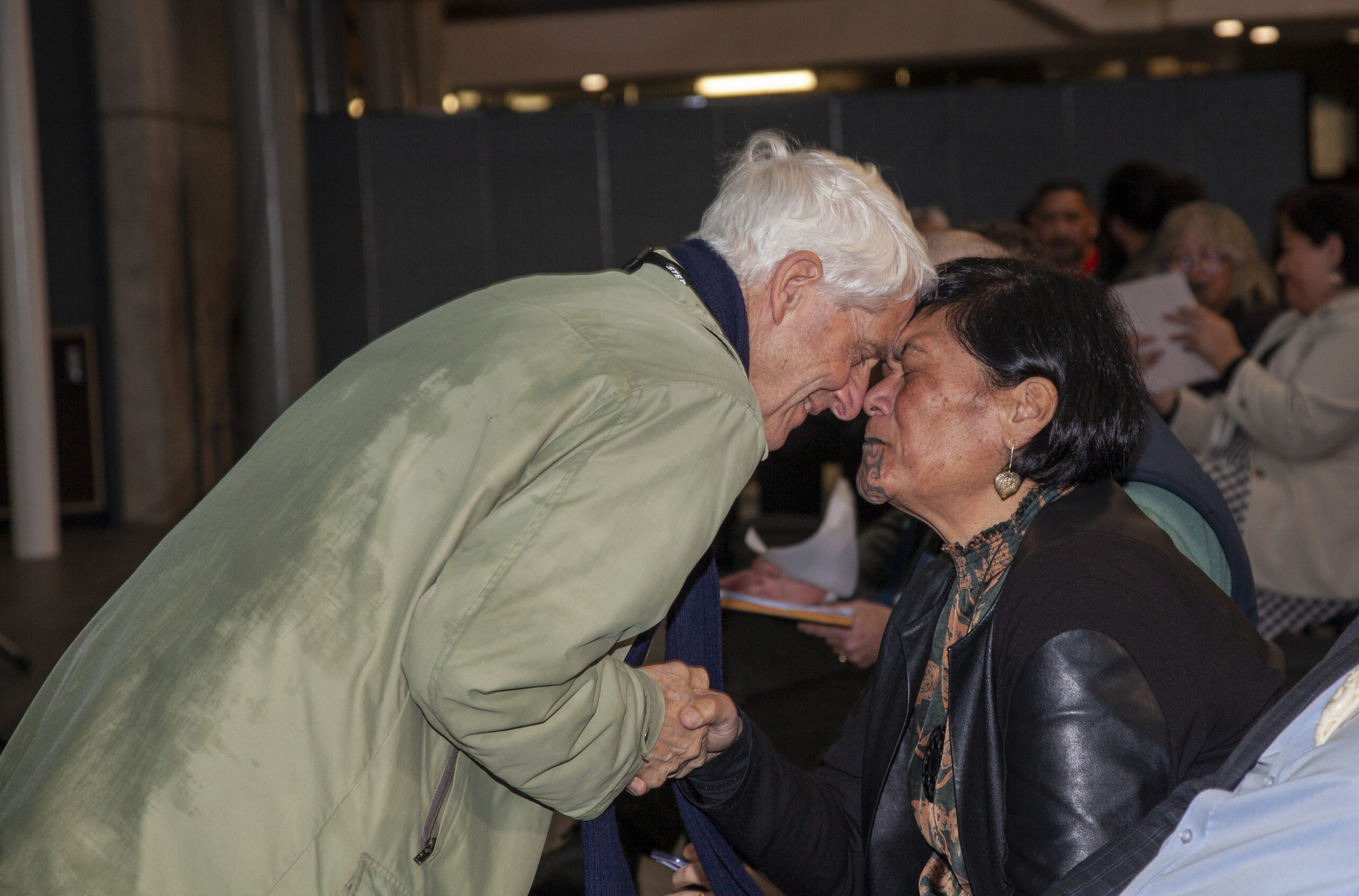
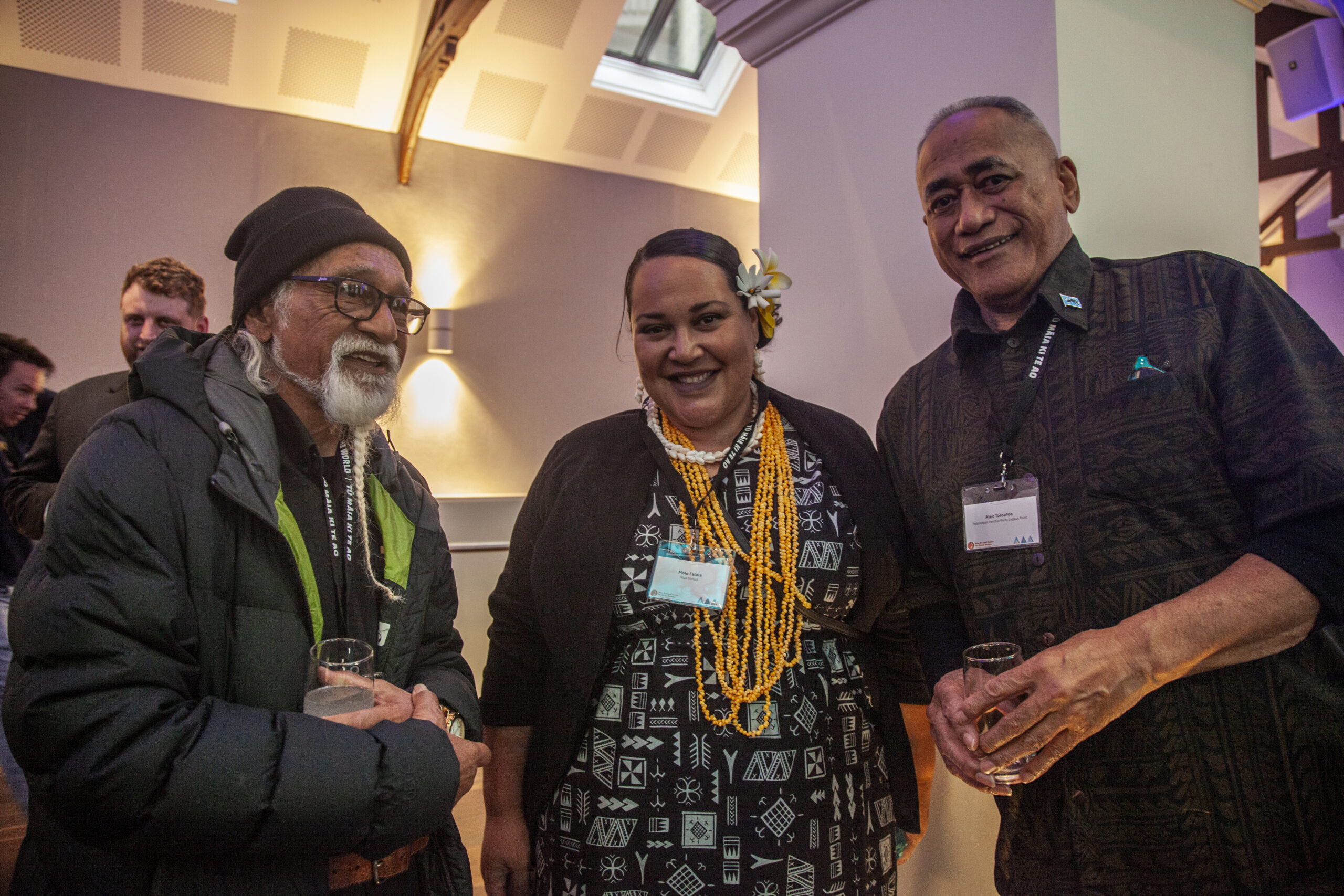
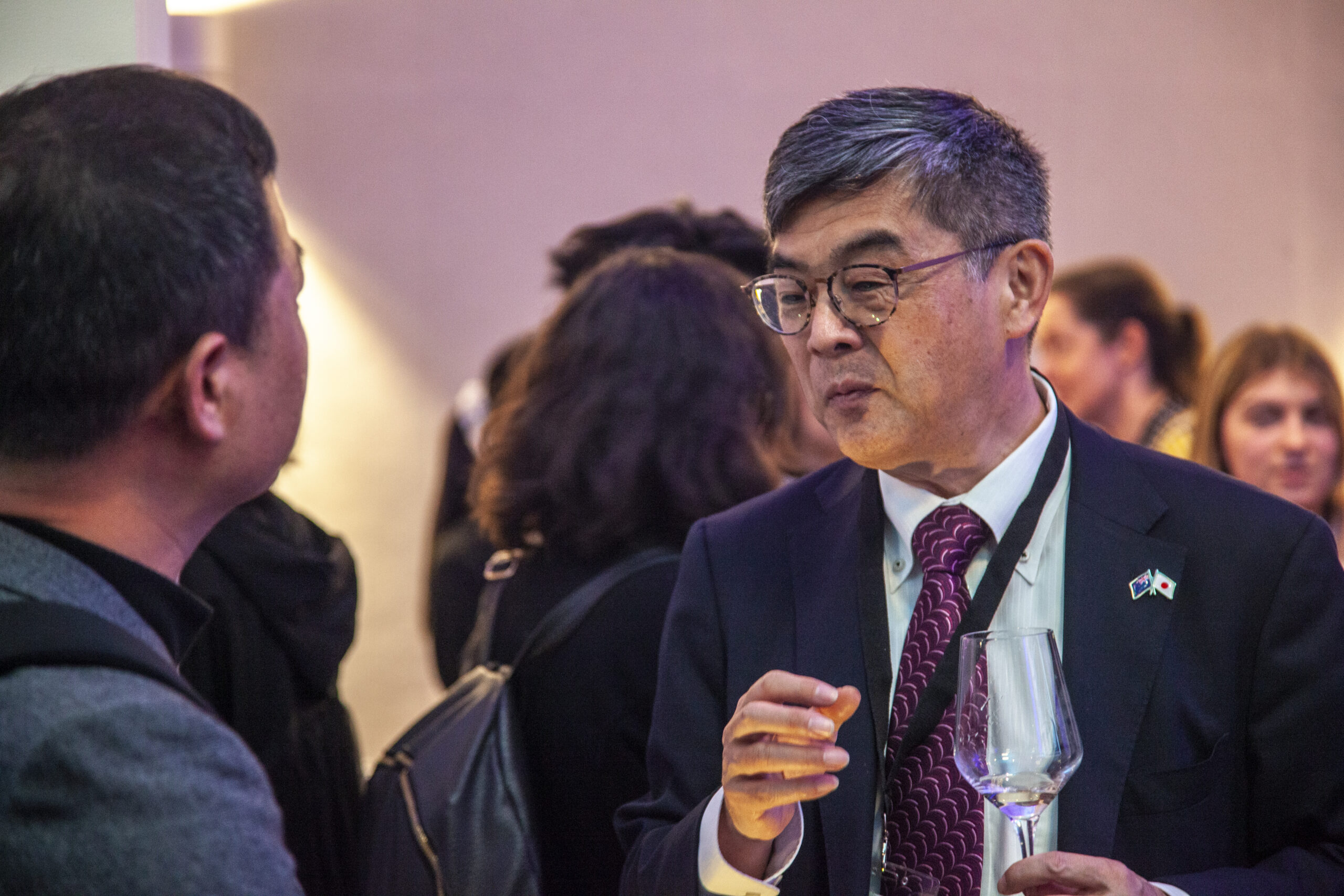
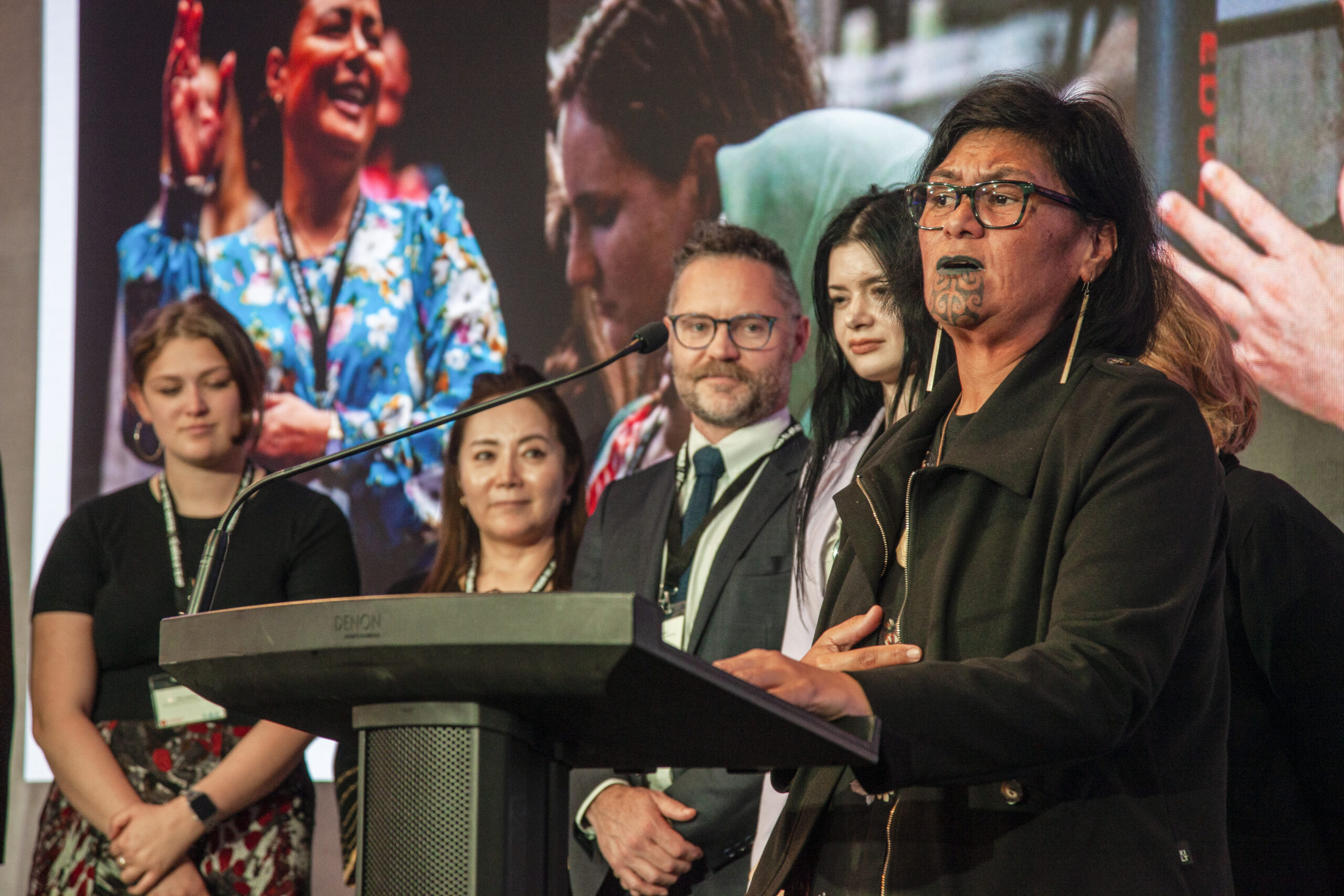
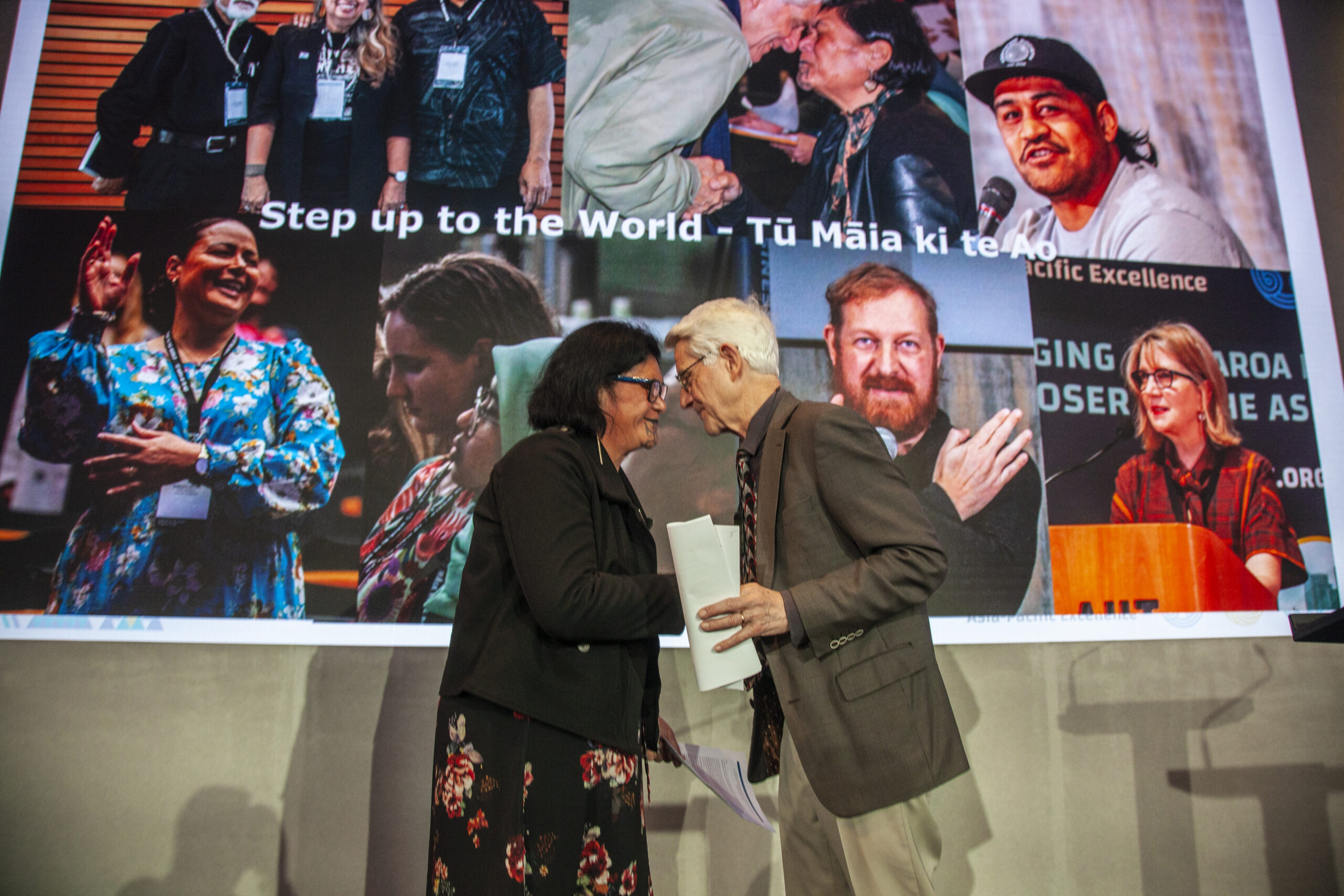
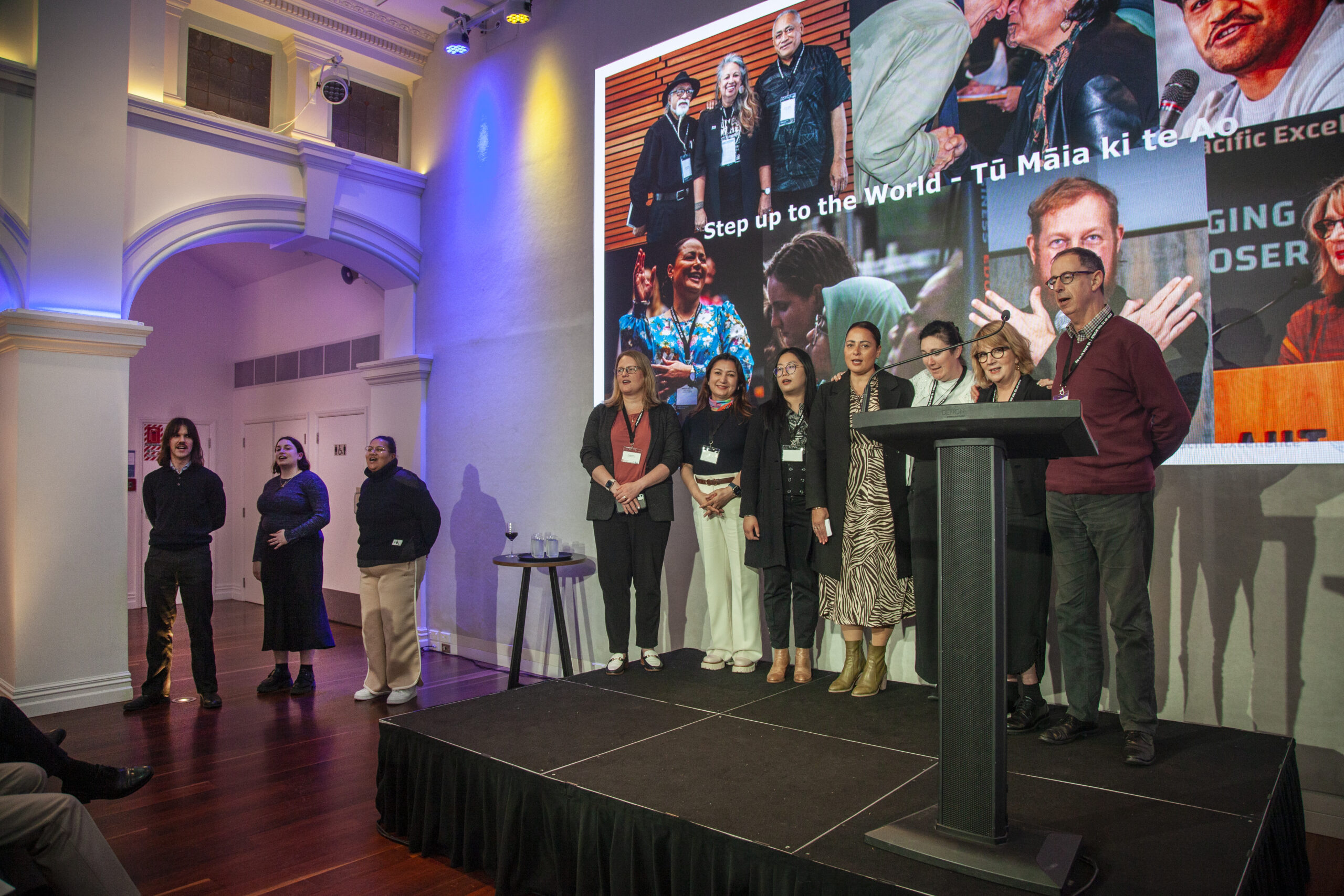
Dear Kennedy, Thanks very much for this communication, it contains a good deal of information that I wasn’t aware of. Along similar lines, have you received the new report from the Commission for the Human Future in Australia, headed by John Hewson? “Surviving and Thriving in the 21st Century”? I was alerted to it thanks to Daryl Le Cornu. It is a report from an
expert round table convened by the Commission on March 28th this year. The members of the round table are a
very impressive group, including some of my fellow scientists in SGR (Will Steffen and Geoff Davies), and some
leaders of kindred organizations such as ICAN and MAPW (Tilman Ruff and Sue Wareham). The Commission has very similar objectives to ours, see further comments below. The report begins with a ?Call to All Nations People?
from John Hewson, the Chairman of the Commission.
Looking at the CHF report in a little more detail, from our own perspective, it begins with a
detailed discussion of ten global catastrophic risks, including overpopulation, climate change, nuclear
weapons, and pandemics, which largely overlap with our own motivations. After considerable discussion, their
conclusions include “a need for sweeping political reform”, and “the world needs more effective democracy, not
less.”
They conclude with a Recommendation
“The Commission for the Human Future calls on the nations and peoples of the Earth to come together, as a
matter of urgency, to prepare a plan for humanity to survive and thrive, far into the future.”
However, I don’t believe they have pushed their argument to its logical and inescapable conclusion, as follows:
* Global problems need global solutions
* Solving the common problems of a society is the function of government
* Therefore, to deal effectively with these global catastrophic risks, we need a global government. To
Western minds at least, this global government would have to take the form of a democratic world federation
or global parliament.
But such a government can only be established with the consent of the governed, i.e. at the will of the
“peoples of the Earth”, as pointed out by John Locke three centuries ago.
All the best, from
Chris Hamer.
Thanks, Chris. Yes, I was aware of the Commission for the Human Future in Australia. I simply felt obliged (my pieces are long enough…) to keep the ‘groups’ to the global level. I could also have cited International Peace Bureau (Berlin), United Institutions (NY), Strategic Foresight Group (Mumbai) and Pearls & Irritations (Canberra?) – and many others around the world. But it is good that you pointed it out, so thanks for the comment.